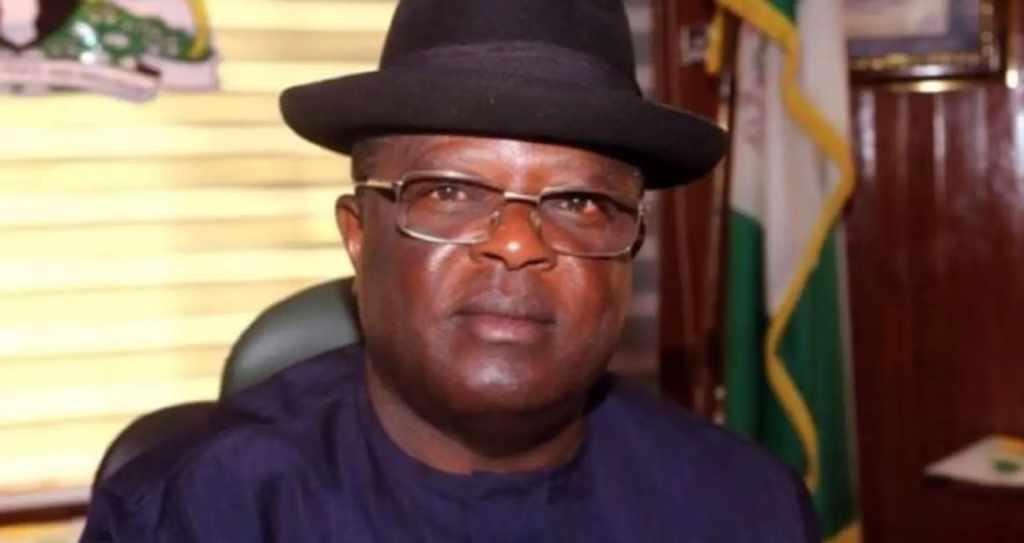A group of Nigerian expatriates has expressed concerns that the country’s Minister of Works, David Umahi, is not capable of delivering the South-East region’s support to the ruling All Progressives Congress (APC) in the 2027 general election. The Association of Ebonyi Indigenes Socio-Cultural in the Diaspora (AEISCID) criticized Umahi’s claim that all South-East governors are backing President Bola Tinubu for a second term, despite their current party affiliations.
According to AEISCID, Umahi’s assertion is not only unrealistic but also ignores the region’s long-standing grievances. The group’s president, Pascal Oluchukwu, noted that Umahi has failed to address the marginalization of the South-East geopolitical zone, which has led to widespread discontent among the region’s residents. Oluchukwu also expressed disappointment that the leader of the Indigenous People of Biafra (IPOB), Nnamdi Kanu, is still being tried by the Tinubu-led government, despite calls for a state pardon.
The group highlighted the region’s infrastructural challenges, including deplorable road networks, as a key concern. Despite Umahi’s boasts about the government’s projects, such as the Lagos-Calabar coastal highway, the group pointed out that no significant progress has been made on existing road infrastructure in the South East region. In fact, many road projects have been ongoing for nearly two years, leaving commuters to navigate incomplete and hazardous routes.
AEISCID accused Umahi of being more interested in personal gain than in genuinely addressing the region’s problems. The group argued that Umahi’s actions are driven by a desire to impress his “paymasters” rather than to serve the people of the South East. This perception has fueled skepticism about the government’s commitment to the region’s development and has eroded trust in Umahi’s ability to deliver on his promises.
As the 2027 general election approaches, the South-East region’s support will be crucial for the APC. However, with Umahi’s credibility in question and the region’s grievances unaddressed, it remains to be seen whether the party can garner significant backing from the area. The AEISCID’s criticisms have highlighted the need for the government to take concrete steps to address the region’s concerns and demonstrate a genuine commitment to its development.
